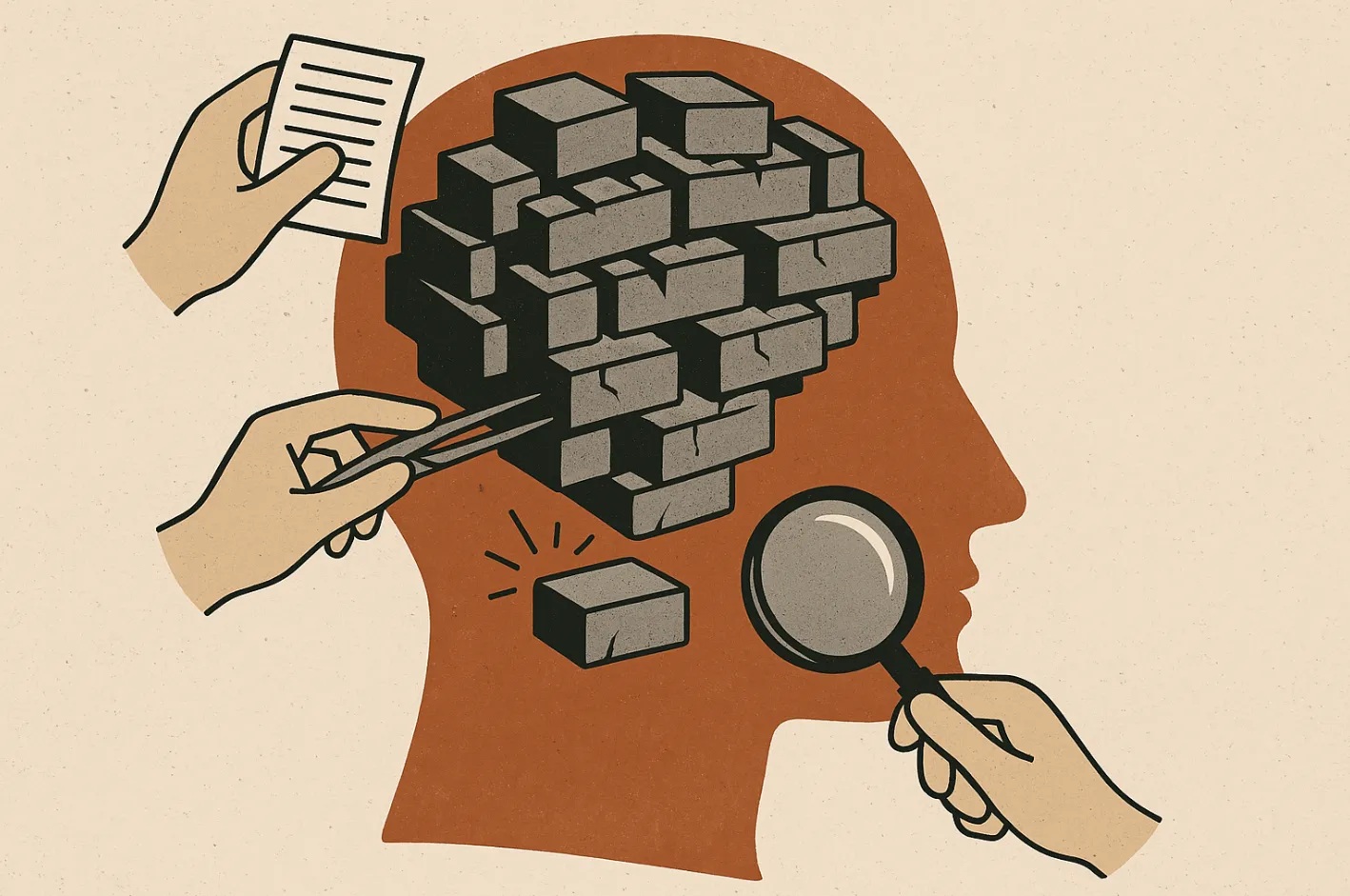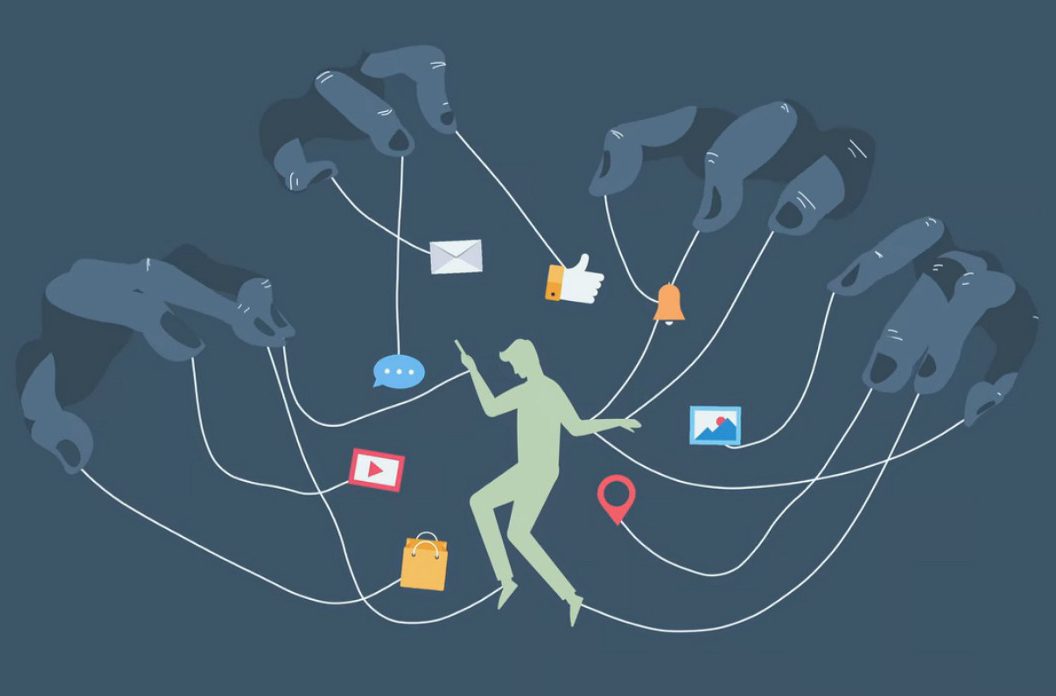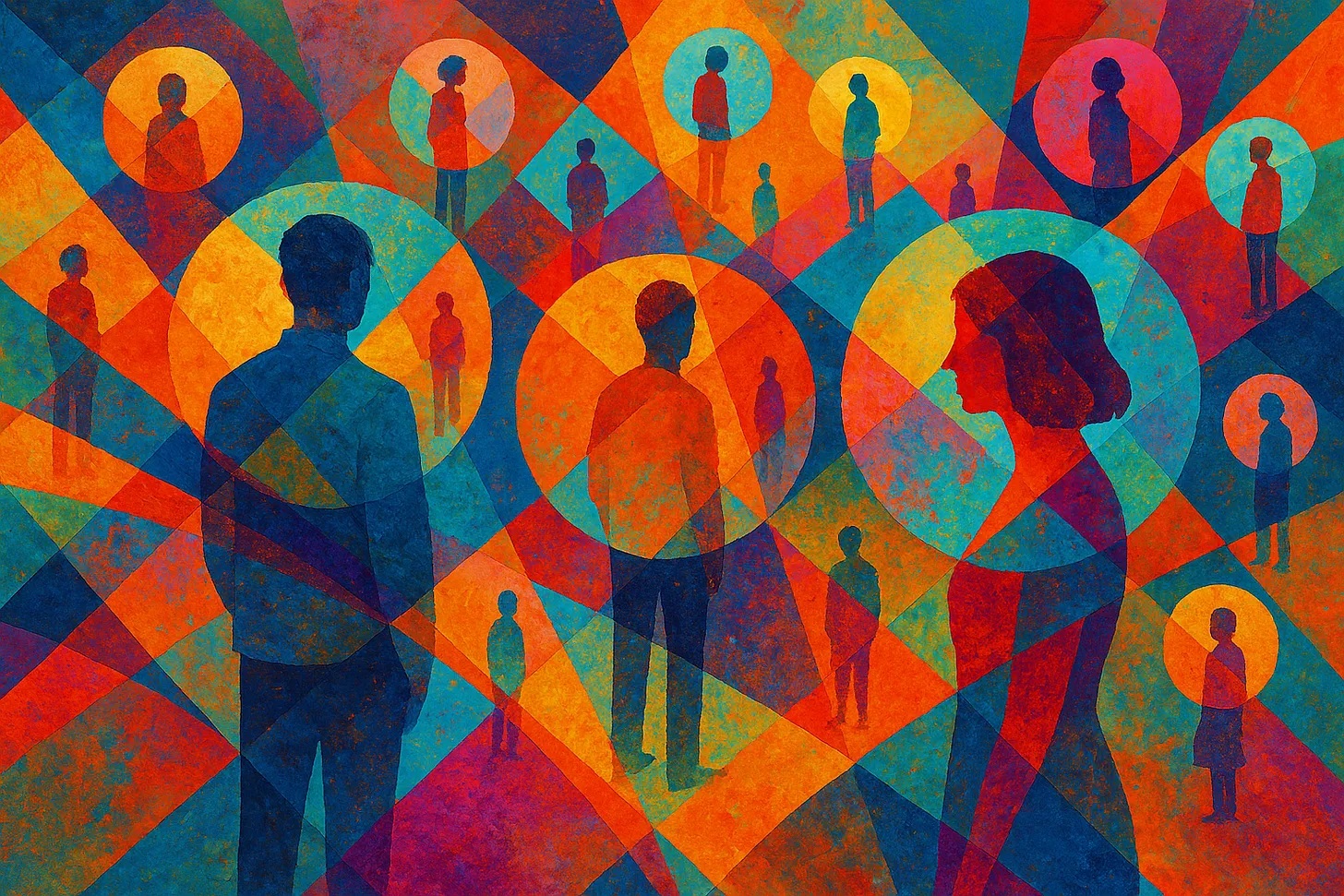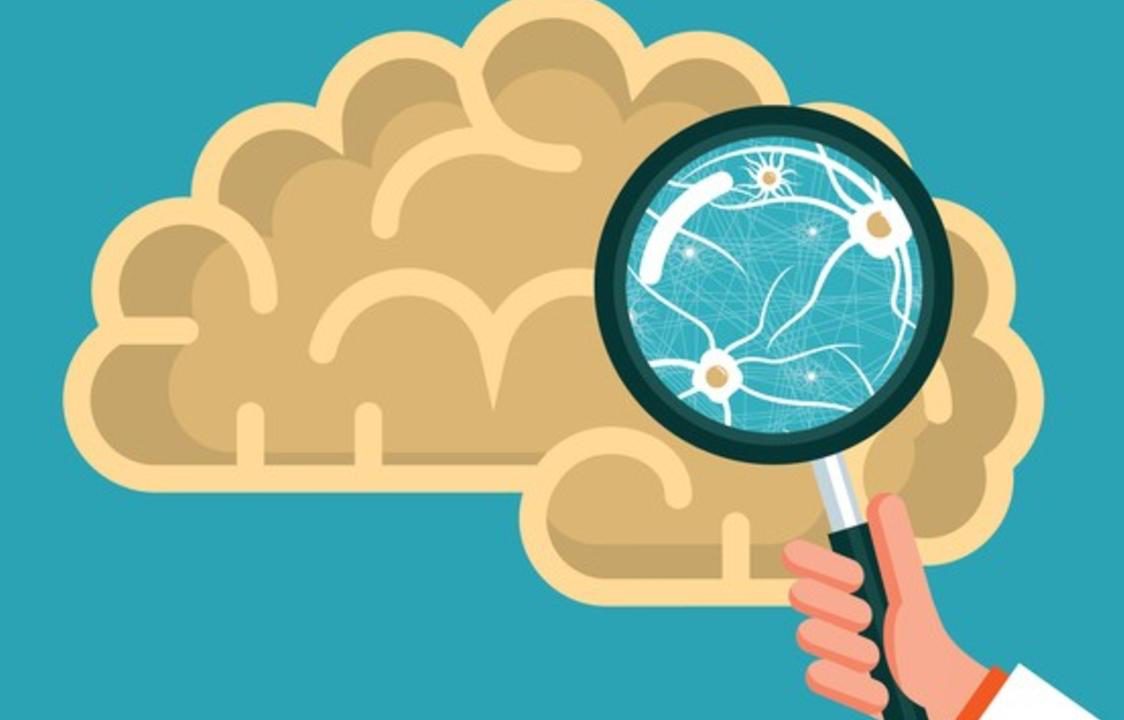The Prison of Certainty – Why We Resist Reconsidering Our Beliefs
A saying, tied to Mark Twain, puts it: “It’s easier to fool people than to convince them they’ve been fooled.” It nails a psychological reality – once we’ve committed to a belief, abandoning it can feel nearly impossible.

The Algorithmic Reinforcement Machine
We now outsource our reality formation to algorithms designed not for truth but for engagement. These systems don’t just reflect our biases – they amplify them, distil them, and feed them back to us in increasingly concentrated forms. The virtual communication feeds of politically opposed persons have become so divergent that they might as well be reports from different planets.
I believe this fragmentation is a feature, not a bug. The splintering of our collective reality serves those who would rather we fight amongst ourselves than notice who’s really pulling the strings.
The Tesla owner who now contemplates junking his vehicle over Elon Musk’s political positions represents something deeper than brand loyalty or betrayal. It symbolizes how completely our consumption choices have merged with our identity politics. We no longer simply purchase products; we enter into moral contracts with brands. When those brands “betray” our political tribe, we experience it as personal treachery.
As Naomi Wolf observed, formerly diverse persons now parrot identical talking points with the same facial expressions, as if possessed by a collective script. The algorithmic sorting of humanity has created a world where formerly unique people transform into predictable NPCs once they’re triggered by certain topics. (NPC stands for “Non-Player Character” and is used as a metaphor to describe someone who is perceived as lacking independent thought or blindly following trends.)
While we debate which billionaire is most virtuous or which political figure deserves our undying loyalty, the underlying systems that shape our collective destiny advance undisturbed. This isn’t coincidence – it’s design.
This pattern of redirecting legitimate concerns into controlled channels is consistent across generations. The incremental approach to societal transformation has deep intellectual roots. The Fabian Society, named after the Roman general Fabius Maximus who defeated Hannibal through strategic patience rather than direct confrontation, advocated gradual institutional change over revolutionary upheaval. Their window for change wasn’t years, but generations.
Similar methodologies have been articulated by various influential figures throughout history. As Max Horkheimer of the Frankfurt School stated: “The Revolution won’t take place with guns, rather it will occur incrementally, year by year, generation by generation. We will gradually infiltrate their educational institutions and their political offices, transforming them slowly into Marxist entities as we move towards universal egalitarianism.”
The World Economic Forum’s Klaus Schwab has spoken openly about “penetrating the cabinets” of governments with WEF-affiliated leaders – a statement that sounds conspiratorial but was delivered as a proud achievement.
The Hope Cycle
Political hope follows a predictable pattern. Disillusionment with the status quo leads to investment in a saviour figure. The figure’s flaws are minimized; their potential is exaggerated. Later, inevitably, reality intrudes. The honeymoon ends.
Our attention is deliberately fragmented, our anger carefully channelled toward approved targets.
The risk of being duped is not just theoretical – it’s playing out in real time, suggesting that regardless of who sits in positions of nominal power, other forces remain in control of the fundamental agenda.
The hope cycle keeps us invested in the theatrical aspects of politics while the fundamental directions remain largely untransformed. Administrations change; military budgets grow. Parties switch; surveillance expands. Personalities rotate; wealth concentration accelerates.
Manufactured Enemies, Artificial Allies
Our information ecosystems don’t just reinforce our beliefs – they manufacture our enemies. If you’re pro-Israel, you’re fed the most extreme anti-Israel voices. If you’re Palestinian-sympathetic, you’re shown the most callous pro-Israel perspectives. The algorithm ensures you’re perpetually outraged by the opposition’s worst representatives.

On virtual communication networks, this divisive pattern plays out daily. Browse the same news event from different accounts, and you’ll see entirely different realities – conservatives shown the most extreme progressive voices, progressives fed the most inflammatory conservative reactions.
Similarly, those who have freaked out about Elon Musk being in the U.S. administration or Donald Trump winning the elections should be instead concerned about technocracy, not about cutting government waste or having a theatrical fight in the Oval Office. Look at how mainstream media manufactured the “Nazi salute” controversy around Elon Musk, or the relentless lawfare against Trump – further evidence of reality engineering designed to provoke emotional responses rather than thoughtful analysis. People aren’t even discussing whether we should have a technocracy – it’s barely in the public consciousness, let alone the conversation. Instead, they’re merely debating whether they prefer their technocracy with left-wing or right-wing flavour.
The most extreme voices get amplified because they generate engagement. Reasonable positions get buried beneath algorithmic priorities that reward conflict over consensus.
We then mistake these algorithmically curated extremes for representative samples. We come to believe that “the other side” consists entirely of its most unreasonable voices. The possibility of common ground vanishes when we’re convinced our opponents are uniformly malevolent or delusional.
Transcending the Manipulation
How do we escape this manufactured division? Begin by recognizing that contempt is the currency of control. When we feel contempt for our fellow citizens, we’re participating in our own disempowerment.
The most revolutionary act may be refusing to see our neighbours as enemies, even when powerful forces profit from our mutual antagonism. This doesn’t mean abandoning principles or pretending disagreements don’t exist. It means recognizing that the exaggeration of these disagreements serves interests that neither side of the political spectrum would willingly support. Reasonable people should be able to have civil conversations to discuss the means and methods to improve the world we will hand over to our children and grandchildren.
The system fears solidarity across traditional dividing lines. It fears conversations that identify shared concerns despite different frameworks. It fears citizens who can disagree on policy while recognizing each other’s humanity.
Our social technologies are engineered to prevent exactly these connections. They fragment discussions, reward outrage, and ensure we never see the full context. They keep us reactive rather than reflective.
Building Reality Resilience
The path forward isn’t ignoring differences or pretending falsehoods are equally valid. It’s developing reality resilience – the capacity to evaluate information beyond its tribal signalling value.
When encountering new information, ask: Does this claim primarily serve to reinforce my existing beliefs? Does it make me feel morally superior to an outgroup? Does it simplify complex phenomena into heroes and villains? These are warning signs of informational manipulation, regardless of political alignment.
Seek information sources that occasionally challenge your assumptions. Not those that simply outrage you, but those that make you think and ask questions. The distinction is crucial. Outrage reinforces existing neural pathways; genuine challenge creates new ones.
I can only say with humility that I have no idea who’s truly in control, but I do know this: every day that passes where we’re not talking about the harm from Big Pharma and Big Food, more children are being hurt. Those of us who don’t get caught up in political tribalism often think both sides sound a little crazy. The hero worship (of the globalist leaders) is ridiculous, as is the villainizing (of the nationalists). We should be wondering who has the real power and control grip because it seems quite obvious that it’s never been the politicians – they appear to be middle management at best.
Most importantly, maintain direct connections with people across political divides. The algorithmic reality machines lose power when confronted with human complexity. It’s harder to demonize a political philosophy (as it is Sovereignty nowadays across Europe) when its adherents include people you respect and care about.

The Undivided Consciousness
The ultimate goal isn’t political uniformity, but reviving the ability to hold complexity without retreating into simplistic narratives. The fractured information landscape has created fractured consciousness, with compartmentalized thinking preventing us from seeing contradictions in our own worldviews.
The forces profiting from our division are counting on our tendency to persist in established thought patterns. The most dangerous people to this system are those who can’t be easily categorized – who question their own assumptions with the same vigour they question authority, refusing the comfort of tribal certainty in favour of perpetual inquiry.
In a world of manufactured division, the most revolutionary act is integration – of information, of thought, and ultimately, of humanity.
When contempt for those across the divide next rises within you, consider: Who profits from your anger? What power maintains its grip while we fight each other? Our task isn’t just seeing the puppet show – it’s forging connections that transcend it. That’s what they fear most.
Why Being Wrong Hurts
I was talking with a friend recently about historical events that don’t add up. When I suggested he look at some evidence questioning the official 9/11 narrative, he shut down immediately – not because he’s unintelligent or incurious, but because “he lost a friend that day.” His emotional connection to the event has created a psychological fortress that no evidence can penetrate. Similarly, many who zealously defended covid policies now acknowledge “mistakes were made” but insist “experts had good intentions.” This isn’t reckoning; it’s rationalization.
An Atlantic article I came across titled Why the Covid Reckoning Is So One-Sided (non-paywalled version here) perfectly illustrates this psychological resistance to transforming beliefs. Jonathan Chait, the author, smugly criticizes conservatives while demonstrating the very cognitive blindness I’m describing – brushing off liberal “mistakes” as mere good-faith errors rather than the systematic failures that devastated lives. Nowhere does he acknowledge the weaponized censorship that crushed dissent.
My own experience illustrates this divide – when I spoke against “vaccine” mandates, many in my personal and professional circles couldn’t defend their positions with science or logic. Rather than engage, they simply stopped communicating with me. I am genuinely confused by how easily human connections fractured when beliefs were challenged. I feel forgiveness in my heart, but I don’t forget how quickly people revealed their true priorities when social conformity conflicted with open inquiry.
These reactions reveal something profound about human psychology: admitting we’ve been manipulated isn’t merely a matter of processing new information. It requires confronting the possibility that our fundamental understanding of reality – and perhaps our very societal identity – was built on falsehood.
The Cost of Admission
Consider the mRNA vaccines. For parents who rushed to get their children vaccinated, or doctors who enthusiastically promoted them to patients, acknowledging potential harms isn’t simply a matter of updating their risk assessment. It would mean confronting the unbearable possibility that they may have harmed those they love most.
Healthcare workers were prioritized for vaccination, locking them into the narrative early. Once you’ve taken the shot and pushed it on patients, your identity – professional judgment, ethics, self-image as a healer – hinges on its safety. The cost of admitting error becomes psychologically prohibitive.
The cost becomes devastatingly personal. Several friends now take their children to cardiologists for issues that developed after vaccination. Only one has privately confided that he believes the shots caused his child’s condition. For the others, acknowledging this possibility would mean confronting an unbearable guilt – that they may have harmed their child by following what they believed was responsible medical advice.
This explains why some of the most dedicated defenders of these interventions are often healthcare providers who administered them. As psychologist Leon Festinger and his colleagues demonstrated in their landmark 1957 study When Prophecy Fails, when evidence contradicts a core belief, many people don’t abandon the belief – they double down on it while dismissing the evidence.
When Authority Blinds
Beyond identity, our trust in authority deepens the bind – think Milgram’s experiments at Yale in the 1960s that revealed humanity’s disturbing tendency to obey authority even when doing so violates our own moral compass.

Participants continued administering what they believed were painful electric shocks because a man in a lab coat assured them it was necessary.
Our modern parallel is striking: well-educated professionals suspended their judgment and ethical concerns because public health officials in positions of authority assured them that unprecedented measures were necessary. When experts recommended policies with no historical precedent or supporting evidence, many educated people reflexively complied – not from careful evaluation, but from deference to authority.
“Trust the science” became the modern equivalent of Milgram’s “The experiment must continue” – a thought-terminating phrase designed to override personal judgment. This deference wasn’t a sign of scientific understanding but its opposite – the substitution of authority for evidence.
The Status Shield
For many educated professionals, their social standing depends on being seen as informed and rational. Admitting they were fundamentally wrong about important matters threatens not just their beliefs but their status. If you’ve built your identity around being “evidence-based” or “following the science,” acknowledging you were misled challenges your core self-concept.
This explains the vehemence with which many defended increasingly incoherent covid policies. Their fierce attachment wasn’t to the policies themselves, but to their self-image as rational followers of expert guidance. Changing their position wasn’t merely a factual update – it meant losing face.
How Our Brains Fight Truth
Research in cognitive neuroscience suggests a compelling insight: our brains process challenges to core beliefs similarly to how they process threats. When presented with evidence contradicting deeply held views, people often experience a physiological stress response—not just intellectual disagreement. Our neural circuitry seems designed to protect our worldview almost as vigilantly as our physical safety.
This explains why presenting facts rarely makes one transform his/her opinions on emotionally charged issues. When someone responds to contrary evidence with anger or dismissal, they’re not being stubborn – they’re experiencing a neurological threat response.
Our brains evolved to prioritize social acceptance over objective truth – a survival advantage in tribal settings where rejection could mean death. This creates a fundamental vulnerability: we’re wired to conform to our social group’s beliefs even when evidence suggests they’re wrong.
So how do we overcome wiring this primal?
If human psychology creates such powerful resistance to transforming our beliefs, how can we ever hope to break through? The first step is compassion – understanding that these mechanisms aren’t signs of stupidity, but of being human.
When someone refuses to acknowledge even overwhelming evidence that contradicts their beliefs, they’re not necessarily being dishonest or irrational. They’re protecting themselves from psychological harm that feels as real as physical danger.
Breaking through these barriers calls for:
Creating Safe Spaces for Doubt: People need environments where questioning doesn’t mean immediate rejection. The more socially costly it is to express doubt, the more entrenched beliefs become.
Preserving Dignity: Transformation becomes more easily possible when people can save face. This means focusing on systems rather than personal failings, allowing people to update beliefs without feeling like fools.
Building Trust Through Shared Values: Before challenging someone’s beliefs, establish common ground. People are more receptive to difficult truths from those they perceive as sharing their fundamental values.
Patience With Process: Belief transformation typically occurs gradually, not in dramatic conversions. A person might privately question long before publicly shifting position.
Leading With Questions, Not Assertions: The Socratic method remains powerful – questions that prompt reflection often succeed where direct challenges fail.

What’s at Stake
This isn’t merely about winning political arguments or being proven right. The psychological mechanisms that prevent us from updating false beliefs create vulnerabilities that extend to every aspect of society.
A population unable to acknowledge manipulation becomes increasingly susceptible to it. When we can’t admit we were wrong about Iraq’s WMDs (weapons of mass destruction), we’re vulnerable to the next war narrative. When we can’t reconsider lockdown harms, we’re primed for the next emergency response. When we can’t question pharmaceutical industry influence, we’re defenceless against the next profitable intervention.
This psychological resistance enables some of our darkest moments – periods when otherwise good people participate in persecution because acknowledging the truth would mean confronting their own complicity.
The Compartmentalized Consciousness
The most profound barrier to transforming our beliefs may be the fragmentation of consciousness – our ability to compartmentalize information so effectively that contradictions can coexist without creating the dissonance that might prompt reconsideration.
Real growth requires “the undivided consciousness” – the capacity to hold complexity without retreating into simplistic narratives, to recognize patterns without succumbing to paranoia, to maintain principles without demonizing those who disagree.
This integration isn’t just intellectuall, but emotional – learning to tolerate the discomfort of uncertainty and the pain of admitting error. It’s a form of psychological maturity that our current information environment actively discourages.
The Courage to Reconsider
The question isn’t whether you or I have been manipulated – we all have been, in various ways. I’ve certainly fallen for narratives that later proved false, and had to face the uncomfortable process of reconsidering deeply held positions. The difference lies not in our immunity to deception, but in our willingness to acknowledge it when evidence emerges.
Those who seem most resistant to transforming their opinions often have the most invested in the status quo – whether professionally, socially, or psychologically. Their resistance isn’t evidence of inferior intelligence but of deeper investment in the systems that shaped their success.
Meanwhile, those with less to lose from system transformation – the working class, the marginalized, those who’ve witnessed systemic failure firsthand – often display a more grounded discernment toward institutional narratives.
Understanding these psychological barriers doesn’t mean abandoning the pursuit of truth. Instead, it means approaching it with greater compassion, recognizing that behind every fierce defence of a false narrative lies a human fear of what transforming one’s opinions might cost.
A society that can’t recognize manipulation and then transform the ideas grows ever more vulnerable. Truth requires not just better systems, but self-awareness – making reconsideration an act of courage, not defeat.
Author: J. Stylman
yogaesoteric
March 28, 2025
